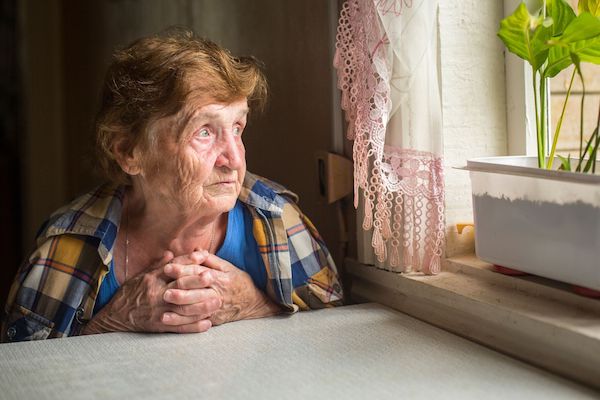Flu Season Advice for Seniors

Australia has seemingly flattened the curve on the COVID-19 pandemic but now we’ve entered flu season. Fortunately, given the precautions everyone’s been taking since the coronavirus appeared on our radars, it seems that the number flu-related deaths have actually gone down significantly. But that doesn’t mean people, particularly seniors, shouldn’t be taking extra care during flu season especially while the coronavirus hasn’t been completely eradicated.
So, how should the elderly be preparing for flu season? Here are some reminders that can help prevent flu.
- Ensure that your flu vaccine is updated – The most important thing to do is get your vaccinations done. As an older adult (65 or older) the vaccine recommended for you will be the QIV Fluad® Quad (Seqirus), which isn’t available for private purchase. But don’t worry, the government-funded Winter Influenza Vaccination Program proceeds as usual although given the global situation, clinics will have to follow some new measures such as:
- Individuals with symptoms of respiratory infections (fever, sore throat, colds, difficulty breathing), those who are recently back from overseas, and have been advised to self-isolate should delay their session until all symptoms are gone or their 14-day isolation period is over.
- Areas, especially high-traffic spots, should be wiped down frequently using a prescribed cleaning solution.
- Physical distancing should be observed.
(To learn more about the new guidelines for the seasonal influenza vaccination, please visit the NSW Government’s page on the topic here.)
Keep in mind that flu vaccines aren’t 100% effective, but they can reduce a person’s risk of contracting the virus very significantly.
- Be wary of spreading the flu – You may have already heard Dr. Sanjay Gupta’s advice, “Act as if you’re already infected” in relation to the pandemic, and that tip also applies to the flu, which is highly contagious. To avoid getting sick or spreading the infection, here are some things you can do.
- Avoid kissing
- Avoid close contact with other people
- Wear a mask if you’re already sick (or if you have a compromised immune system and will be in the presence of others)
- Wash your hands frequently and use hand sanitiser
- Make sure doorknobs and other items that are shared with others are always clean
- Do not share eating utensils
- Avoid touching your face especially your nose, mouth, and eyes.

- Keep healthy – Many seniors have weaker immune systems compared to what you might have had when you were younger. Unfortunately, this heightens the risk of getting infected by viruses, including the influenza virus. As such it’s recommended to keep your immune system up by reducing stress, maintaining a nutritious diet and exercise regimen appropriate to your age. And in case you haven’t been going out at all during the quarantine period, you might also consider getting some sunshine in a safe, physically distant section of your property. According to numerous experts like these researchers from Georgetown, the vitamin D from sunlight can actually help your body stimulate infection-fighting T cells, in addition to other positive health effects.
- Be aware of the symptoms of the flu – You may be familiar with the typical symptoms of the flu like chills, a runny nose, body aches, and fevers. However, you should know that the influenza virus doesn’t always manifest itself quite so obviously in older adults. Sometimes the flu will appear as confusion, dizzy spells, a dampened appetite, and a general feeling of being unwell. As such, the next reminder is very important:
- Do not ignore the flu – If you feel that you might have contracted the flu, consult your GP immediately. Your physician can prescribe you with an antiviral medication protocol that may treat your infection sooner rather than later. Delaying a consultation and treatment may lead to severe complications. Besides, if you have underlying conditions like asthma, diabetes, or chronic heart problems, you will need your doctor’s guidance to avoid any further issues.
COVID-19 precautionary measures may be helping keep the flu controlled this year, a far cry from 2019, where Australia experienced its worst flu season on record. However, the country’s healthcare experts remain on tenterhooks, hoping that the flu numbers truly remain low as a repeat of last year could also spike up coronavirus cases.
So please, get yourself an influenza vaccine appointment to ready yourself for the flu season, and take good care of your health.
Now in case you, our senior reader, do need some extra help in staying on top of your health and well-being, please contact us at +61 435 358 222. Kalinga Health’s carers and nurses can offer their skilled services in order to make things easier for you!





 All About Social Isolation in Seniors
All About Social Isolation in Seniors
 Teaching Seniors to Use Technology
Teaching Seniors to Use Technology
 Come down to the 2019 NSW Seniors Festival!
Come down to the 2019 NSW Seniors Festival!